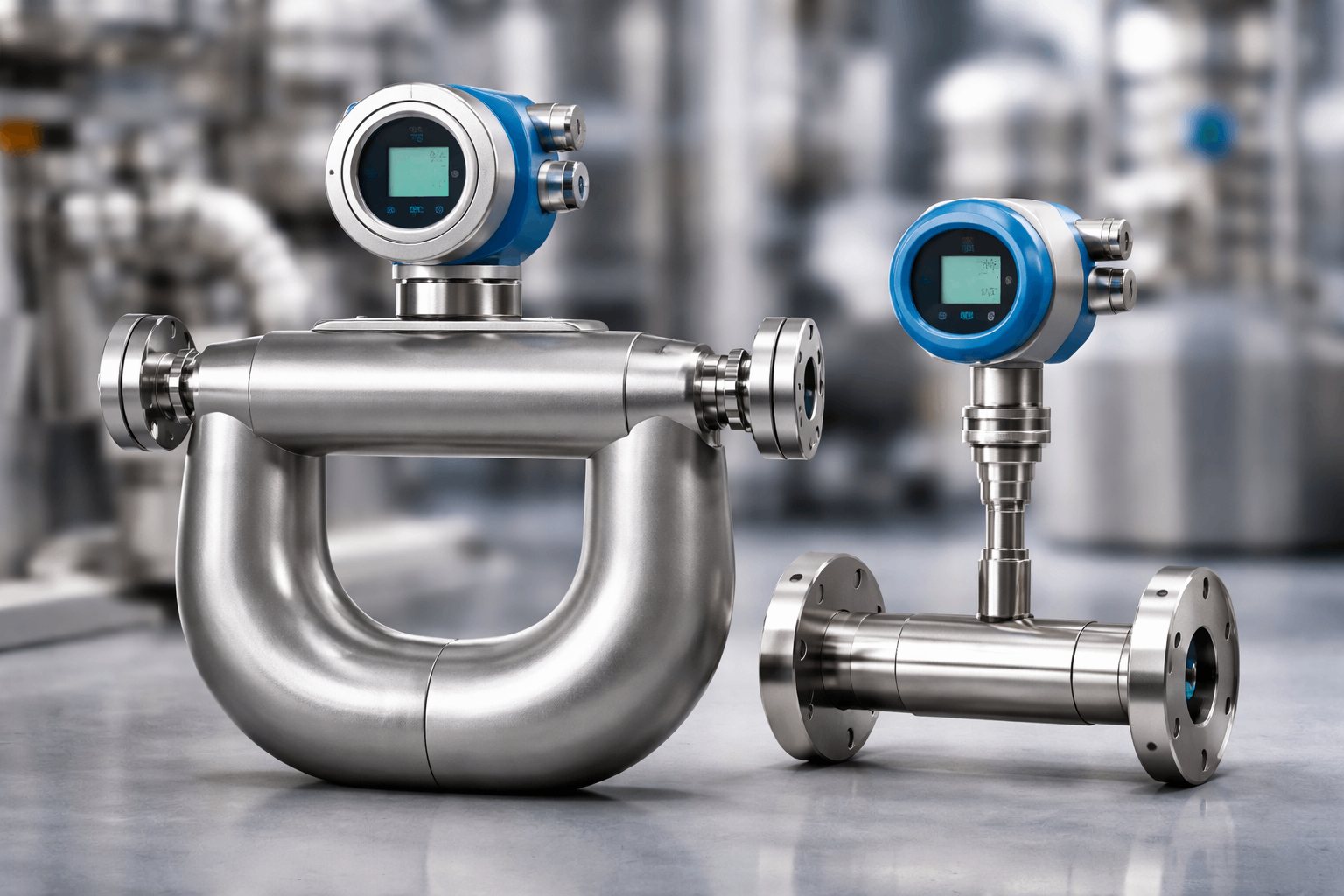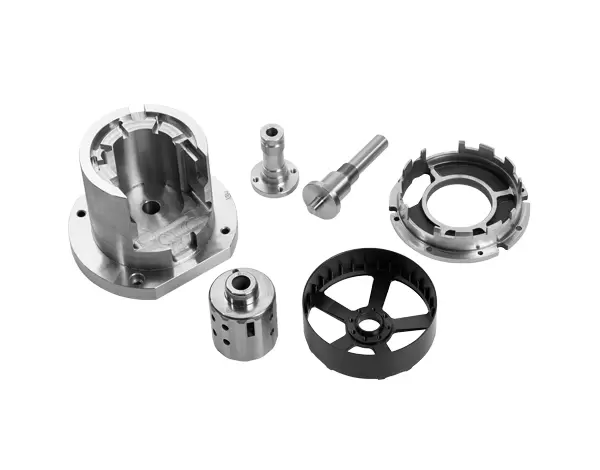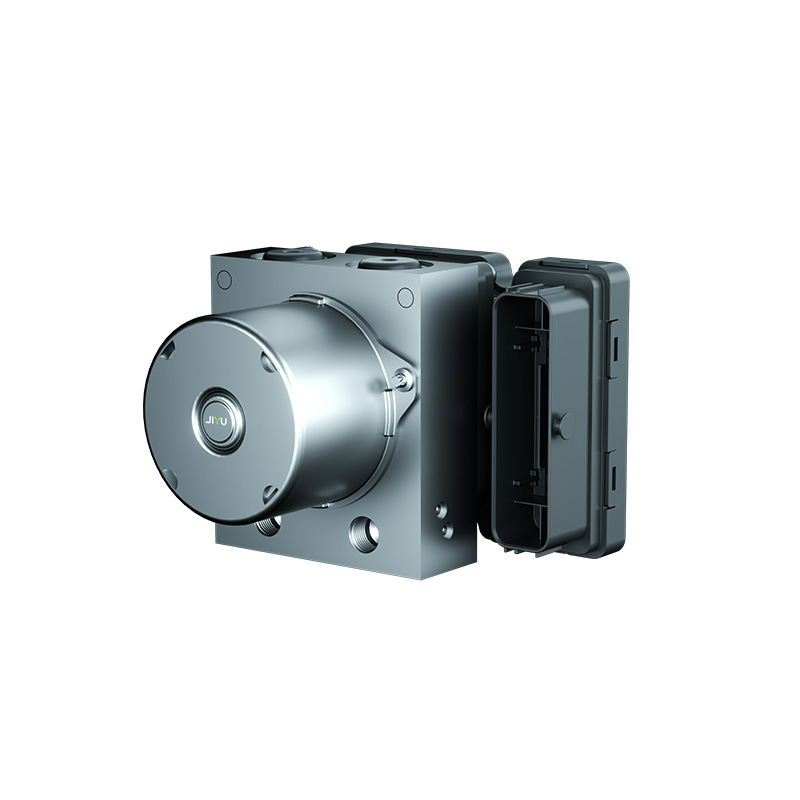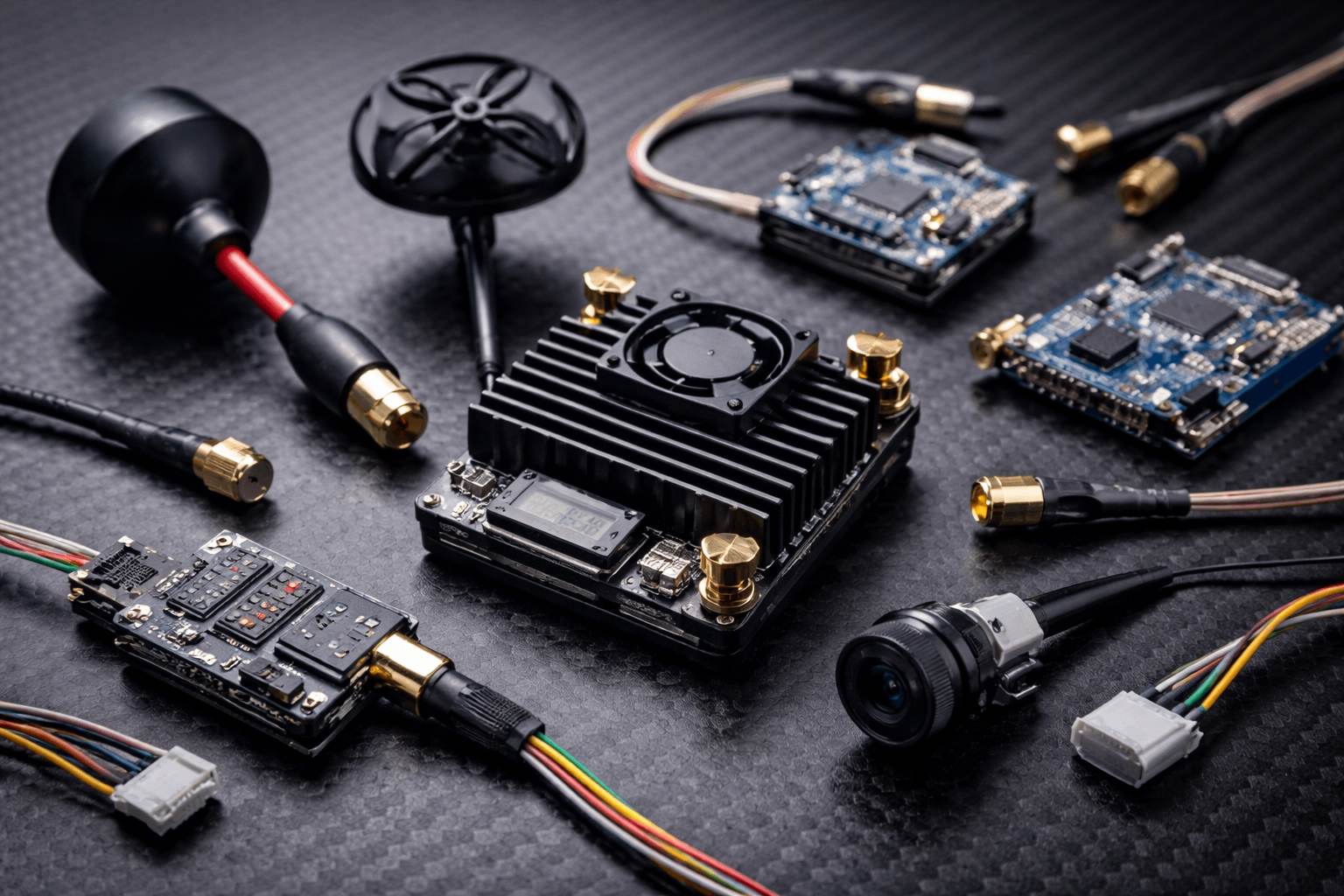When your car refuses to start, it can be a frustrating and perplexing experience. However, understanding the underlying causes of a car starting problem can help you diagnose and resolve the issue efficiently. In this blog post, we will delve into the intricacies of diagnosing car starting problems, providing you with a step-by-step guide to identify and troubleshoot the root cause. From electrical issues to fuel system malfunctions, we will explore various possibilities and equip you with the knowledge to tackle these problems head-on.
- Assessing the Battery:
The first step in diagnosing a car starting problem is to inspect the battery. A weak or dead battery is often the culprit behind starting issues. We will discuss how to perform a battery voltage test, check for corrosion, and evaluate the battery's overall health. Additionally, we will provide insights into common battery-related problems and offer tips for maintenance and prevention. - Analyzing the Starter Motor:
If the battery is in good condition, the next component to examine is the starter motor. We will explain how to identify symptoms of a faulty starter motor, such as clicking noises or a grinding sound, and guide you through the process of testing its functionality. Furthermore, we will explore potential causes for starter motor failure and suggest appropriate solutions. - Investigating the Ignition System:
A malfunctioning ignition system can also lead to car starting problems. We will delve into the intricacies of ignition coils, spark plugs, and ignition switches, highlighting their role in the starting process. By understanding the symptoms of ignition system failure, you will be able to diagnose and rectify issues related to this crucial component. - Examining the Fuel System:
Insufficient fuel delivery or a clogged fuel system can prevent your car from starting. We will discuss how to inspect the fuel pump, fuel filter, and fuel injectors, providing guidance on troubleshooting and maintenance. Additionally, we will explore the impact of fuel quality and discuss measures to prevent fuel system issues. - Exploring Other Potential Causes:
In some cases, car starting problems can be attributed to factors beyond the battery, starter motor, ignition system, or fuel system. We will explore less common yet significant causes, including faulty sensors, wiring issues, and engine problems. By broadening your diagnostic approach, you will be better equipped to identify and resolve complex starting problems.
Conclusion:
Diagnosing a car starting problem requires a systematic approach and a comprehensive understanding of various components and systems. By following the steps outlined in this guide, you will be able to identify the root cause of the issue and take appropriate measures to rectify it. Remember, regular maintenance and proactive troubleshooting can help prevent starting problems in the future, ensuring a smooth and hassle-free driving experience.




